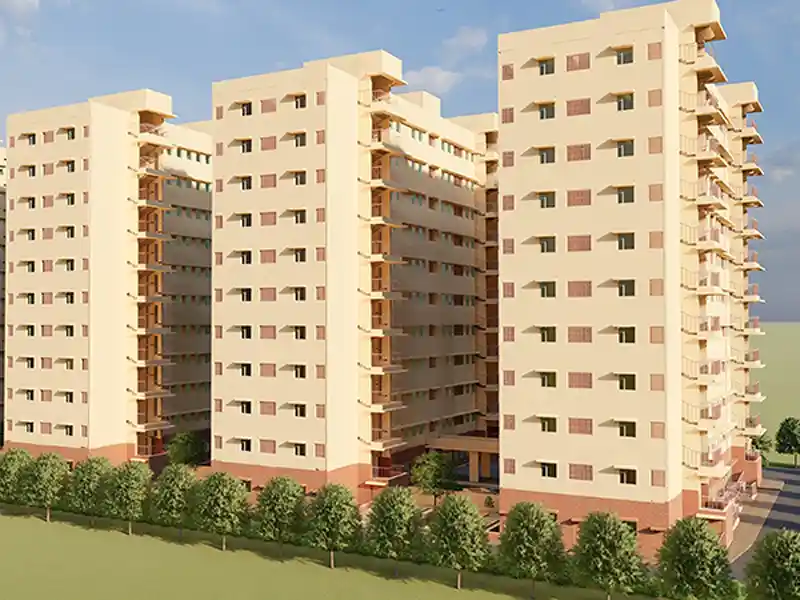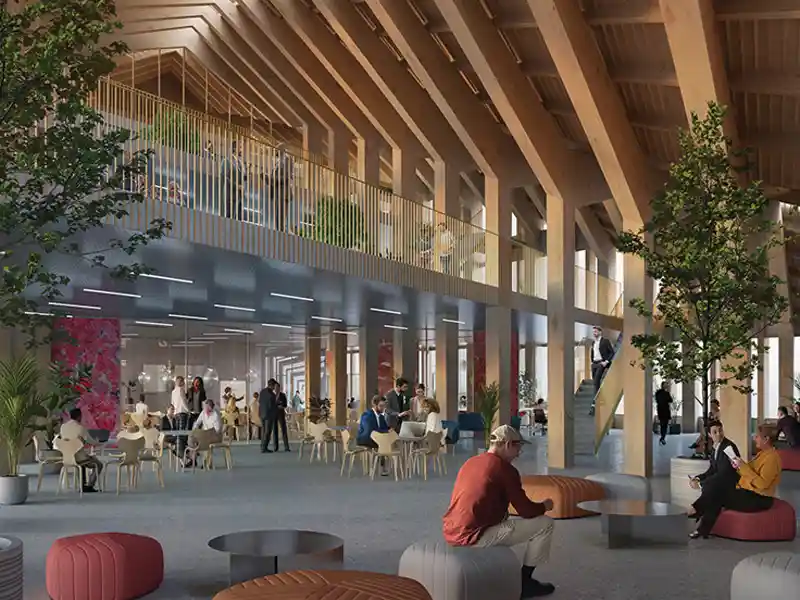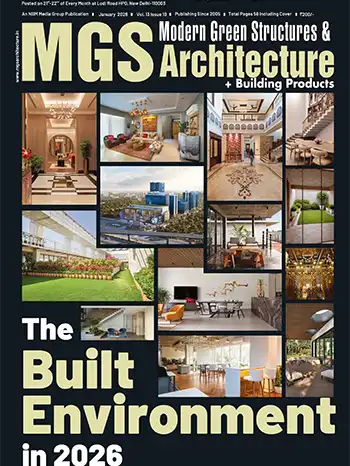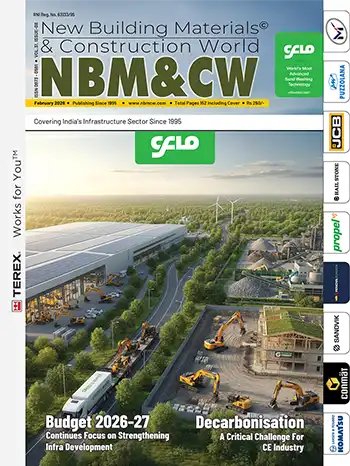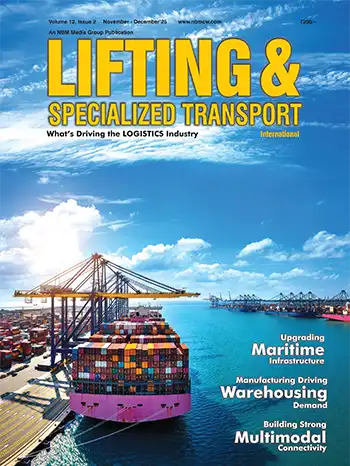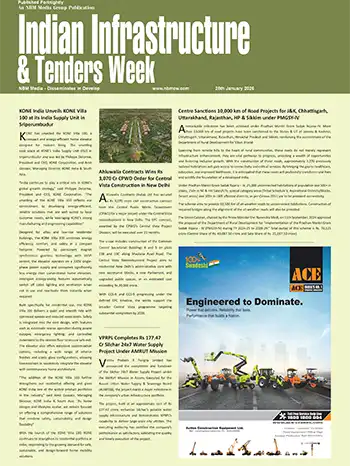As a real estate developer, it is our responsibility to reduce the environmental impact of construction activities while ensuring high construction efficiency.
Stuart McConnachie - Chief Construction Controller, M3M India
Minimizing construction material wastage is a crucial aspect of sustainable development, and adopting efficient practices is key to responsible building. At M3M India, we prioritize precise material measurement, standardized designs, and BIM technology to optimize resource use.

From an industry perspective, minimizing material wastage has become a priority as developers and contractors increasingly focus on cost efficiency, regulatory compliance, and environmental responsibility. Many firms are leveraging BIM to enhance planning and resource allocation, ensuring minimal excess material usage. The adoption of prefabrication and modular construction has also gained traction, significantly reduced onsite waste and improved efficiency.
Additionally, circular economy principles are shaping modern construction, where materials like concrete, steel, and wood are being reclaimed and repurposed. Developers are also investing in AI-driven supply chain management systems to optimize procurement and prevent overordering. Waste audits and accountability measures are further encouraging sustainable construction across the sector.

Governments and industry bodies are pushing for stricter regulations on construction waste management, encouraging the use of eco-friendly materials such as low-carbon concrete and recycled steel. Many developers are partnering with waste management firms to ensure responsible disposal and recycling of construction debris. By integrating these industry-wide practices, real estate companies can significantly reduce waste, lower costs, and contribute to a more sustainable future.


